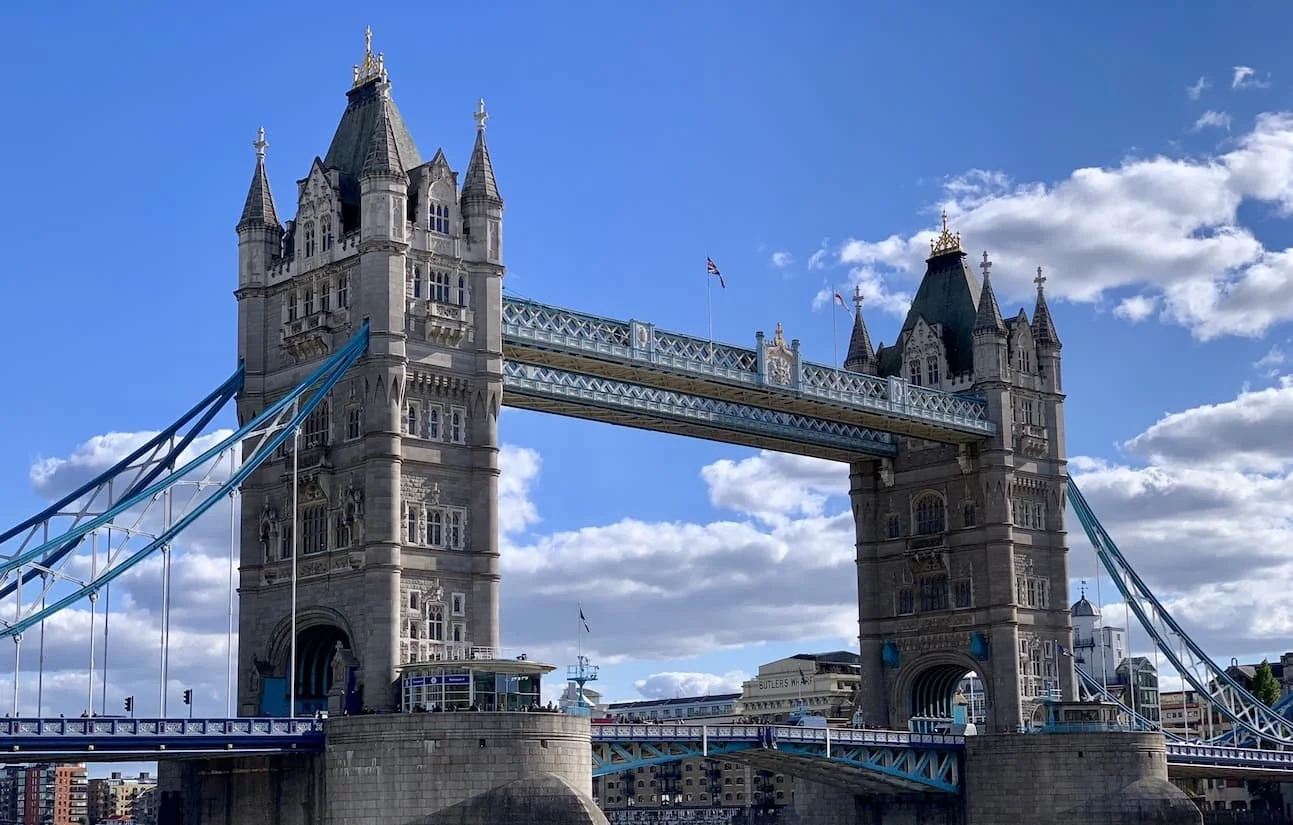Commentary: Mass Shootings in the Wake of Sutherland Springs
/Another month passes, and yet again we're blindsided by new reports of a mass shooting in the United States. Aside from such grave loss of life, perhaps the most disturbing development is our collective desensitization surrounding these events. The moment we begin to normalize these events is the moment we surrender both our safety and moral fiber.
No matter what side of the isle you find yourself on, here are the unequivocal facts:
Devin Patrick Kelley, 26, entered a church in Sutherland Springs, Texas, and murdered 26 people in cold blood. The ages of the deceased ranged from just 17 months old, to 77. Furthermore, over 20 additional parishioners sustained injuries during the attack. Wilson County Sheriff Joe Tackitt described a grisly scene, stating that "I think nearly everyone had some type of injury." Roughly 60 locals attended Sunday's service.
Local police respond at First Baptist Church. Photo: The Denver Post
According to census data estimates, Sutherland Springs had a minute population of 698 people. As a result of the Sunday shooting, the small town lost 4% of its population in the blink of an eye. Depending on the fortunes of those injured, that number could increase.
Donald Trump and various Republicans, namely Governor Greg Abbott, downplayed the reality that we're facing a glaring firearm issue in America:
“This isn’t a guns situation...[this is] a mental health problem at the highest level.”
“The important thing is that if you go back to early times of this world, to the times of yesterday and last week, evil exists in this world. I’m going to use the words of the citizens of Sutherland Springs themselves and that is, they want to work together for love to overcome evil, and you do that by working with God.”
If you still need a translation, our government officials plan to do nothing to mitigate the gun safety problem in this country. That is negligence at the highest level.
Most troubling is that this response is not new; it is tiring, it is frustrating, and it stalls any meaningful progress that may ensure a safer future for Americans. The slaying of young children did not persuade policymakers to act following Sandy Hook. Prayers did not prevent the Pulse Nightclub shooting, nor did they block cascades of flying bullets in Las Vegas. Religion aside, it is time to stop being passive, and take active measures; I avoid using the term "proactive," for suggesting that window is still open frankly is an insult to the victims.
I am a gun owner myself. From a younger age, I was raised in a hunting family that taught safety and sensibility first. I do not shudder at the notion of firearm regulation; I do not unreasonably fear that my firearm will be confiscated. Nor should you. The health and safety of those around us is paramount, and a government championing legal ownership and screening procedures is something we deserve. Democracy and freedom can both flourish in this environment.
From my perspective and those of others, this is primarily a gun issue. Others will say this is a mental health issue. The answer lies somewhere in between, with some caveats - and yes, this is the time to be having this difficult conversation. Most importantly, this should be a human issue - a common-sense discussion that transcends just racking up "points" for any one side.
Henceforth are the caveats: mental health is certainly swept under the rug in this country. There are individuals facing tough internal battles and ailments daily in our country. However, when mass atrocities like these happen, that mental health argument is applied to select demographics.
White male shooters' actions are ascribed to debilitating mental problems, much more often than not. Consider that Kelley was described as a man with immense cognitive health issues. From those in our government and the media, such killers often receive a sick sort of sympathy along with disdain. The individual fell through the cracks, "was not given the help they needed," and was driven to act due to a failed system. In these cases, the mental health argument is used as a crutch to avoid discussion on gun reform.
All things remaining equal, replace Kelley with a black or a Muslim individual. Due to prejudices and emphasis on extremist terrorism (and not domestic white terrorism), Americans are quick to denounce said actor as a monster; we dehumanize these demographics post haste.
I would like everyone reading along to say this aloud: those who advance on public gatherings with intent to kill scores of people - regardless of their backgrounds - are monsters. They take sons and daughters, mothers and fathers, and siblings from this world sans remorse.
This country needs gun reform, period. Our soft policies regarding firearms and backroom deals with gun lobbies have led us down a dark path. Our background check practices are certainly not perfect, either. According to the Washington Post, Kelley was dishonorably discharged from the Air Force; this felony designation prohibits the lawful purchase of any firearm. Due to human error, his name was never entered into this database - facilitating the very purchase that led to such heinous events. To prevent further mistakes, there could be re-verification checks during a waiting period. In numerous other instances, restrictions can be tightened. By simply checking a box on a form, Kelley was permitted to obtain what later became a weapon.
Such holes like these need to be patched. Lawmakers need to sit down together at the table and make some serious decisions to mitigate future disasters. When the law fails us, we cannot rely on a samaritan with a concealed weapon to pick up the slack.


